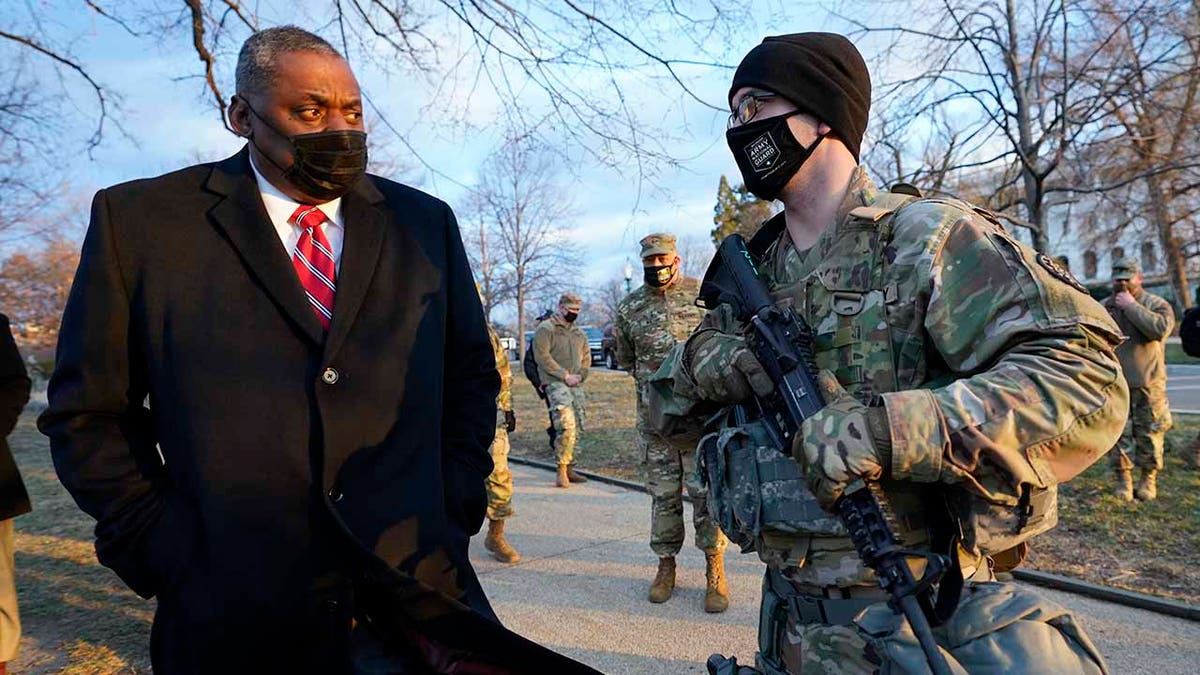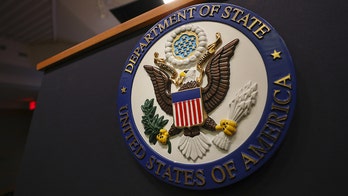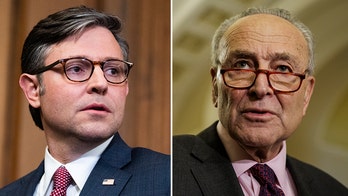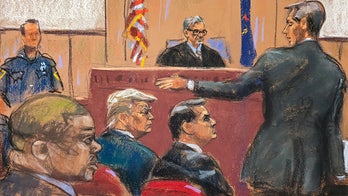President Biden's newly appointed Pentagon chief Wednesday issued a "stand down" for the next 60 days, ordering military leaders to spend time talking to troops in an effort to weed out extremism in their ranks, after it came to light that a number of former and current military members participated in the riot at the U.S. Capitol last month.
Defense Secretary Lloyd Austin ordered a Department of Defense-wide "stand down" to discuss the problem of extremism in the ranks, Pentagon press secretary John F. Kirby said in a statement. The "stand down" will occur over the next 60 days, Kirby said, allowing that "each service, each command and each unit can take the time out to have these needed discussions with the men and women of the force." Training materials will be developed and sent out to units so they can have discussions about the issue.
Austin, alongside Army Gen. Mark A, Milley, the chairman of the Joint Chiefs of Staff, has met with service civilian leaders and service chiefs to discuss the problem of extremism. While extremism has been a problem in the military in the past, Kirby told reporters at the Pentagon that the Jan. 6 insurrection at the U.S. Capitol, which left five people dead, was a "wake-up call" for military leaders.
He said Austin wants to get a better handle on the breadth of the problem.
Acknowledging some of the extremists who stormed the U.S. Capitol on Jan. 6 were active duty service members and others were military veterans, Kirby maintained that "the vast majority of men and women who serve in uniform and the military are doing so with honor, integrity and character, and do not espouse the sorts of beliefs that lead to the kind of conduct that can be so detrimental to good order and discipline and in fact is criminal."

Secretary of Defense Lloyd Austin visits National Guard troops deployed at the U.S. Capitol and its perimeter, Friday, Jan. 29, 2021 on Capitol Hill in Washington. (AP Photo/Manuel Balce Ceneta, Pool)
In a meeting with military leaders, Austin said that while the numbers may be small, they are not as small as anyone would like. And Kirby also told reporters at the Pentagon that, "No matter what it is, it is … not an insignificant problem and has to be addressed." Austin is still mulling over how he wants to organize the effort to attack the problem from an institutional perspective, possibly with a task force.
Biden declared domestic extremism an urgent national security threat in the wake of the riot. The crowd that breached the building as lawmakers were preparing to certify his election was overwhelmingly White and included members of far-right groups, the Associated Press reported.
TRUMP APPOINTEES TO PENTAGON BOARD BLOCKED BY BIDEN DEFENSE CHIEF: REPORTS
The National Guard deployed about 26,000 troops to Washington to help secure the Jan. 20 inauguration and is keeping between 5,000 to 7,000 troops in the city until mid-March at the request of federal law enforcement agencies. The Department of Homeland Security has issued a terrorism bulletin warning about possible additional violence.
At the same time, a dozen members of the National Guard were either sent home or not allowed to deploy to Washington because the FBI flagged a problem, including potential ties to extremist groups.
Rooting out extremism within the ranks – much like efforts to do away with racism and violence against women – is difficult. Kirby said part of the problem is defining extremism. Service members may hold whatever political or other beliefs they want, but they are held to much stricter standards on actions they are allowed to take.
Under the Code of Military Justice, service members can't actively advocate for extremist, supremacist or criminal gang doctrine, ideology or causes, or participate in any way. That would include a variety of things, such as fundraising, organizing, training, distributing materials or having tattoos or wearing clothing associated with such organizations.
CLICK HERE TO GET THE FOX NEWS APP
Stand downs are not uncommon in the force. They often last a day or more and usually involve meetings between commanders and their units about a specific subject. Often military services order safety stand downs when various aircraft or ships are grounded, and troops go over operating and safety guidelines. In other cases, they can be used to address issues such as sexual assault or suicides.
The Associated Press contributed to this report.






